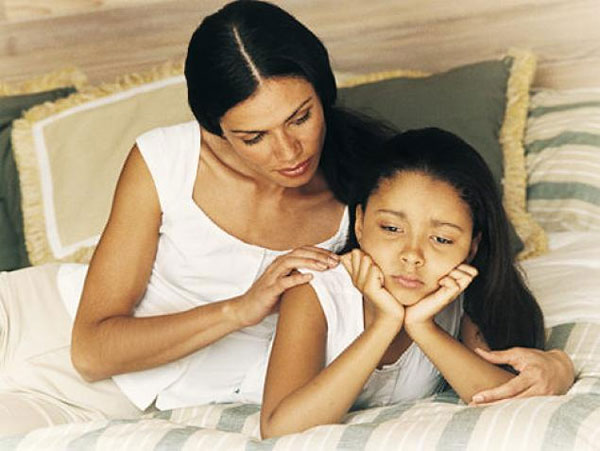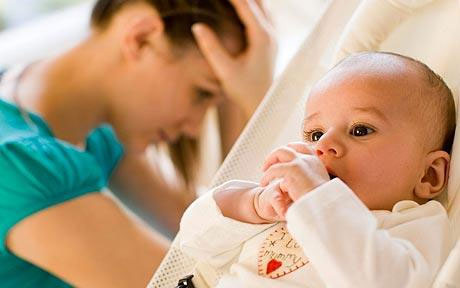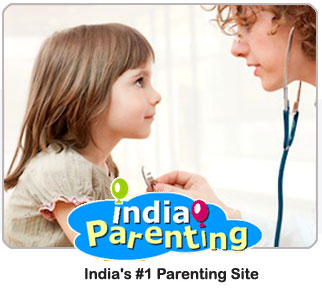Stomach problems are common in children. Their digestive system is still under development and as such they are susceptible to problems related to stomach.Stomach problems can cause a lot of discomfort to children. They may become cranky and show disinterest in doing any activity. The will become fussy about eating and their appetite will get reduced. Therefore, it is better to be aware of different types of stomach problems in children, ways to identify them and what to do about them. It will help to provide immediate relief to children when such problems occur.
Worms
Thread Worms
If you notice your child scratching her bottom, examine her stools for thread-like
worms. Thread worms are the most common infecting worms. The female crawls through the anus and lays her eggs in the surrounding skin. When your child scratches her bottom, the eggs may get under her nails and are ingested again when she puts her hands into her mouth.
Your doctor will prescribe a single-dose treatment that will destroy both the worms and the eggs. Since worms are highly infectious, all members of the family should take the anti-worm treatment. Repeat the dose after a fortnight. Make sure that you keep your child's nails short and ensure that she washes her hands after she goes to the bathroom.
Toxocara
Dogs and cats are carriers of this roundworm. Your child is most likely to get infected when she plays in areas where animals may have defecated. These worms are usually ingested by the child when she puts her dirty hands into her mouth. The worms enter the bloodstream through the intestinal wall and travel to the lungs. They are coughed up, swallowed, and then they continue to develop in the intestines. There are usually no symptoms. However, if your child has more than one worm, it may result in abdominal pain and a loss of appetite.
Constipation
A child may cope with constipation if there is no adequate amount of fibre in her diet. If your child is affected with constipation, you will notice that she passes hard stools. The frequency of passing stools may also get reduced to less than three times a week. She may also complain of having an abdominal pain and pain while passing stools if the constipation becomes severe.
When the symptoms are not severe constipation can be treated using home remedies as well. Encourage your child to drink lots of water. Include more of fibrous foods in the diet of your child along with fresh fruits, vegetables and dry fruits. Including raisins, prunes, dates, figs etc; in the diet of your child can help a lot.
If your child’s bowel movements are not regular, do not wait for problem to get aggravated. Make sure that your child passes stools every day. You must consult a doctor immediately if you observe the symptoms like blood in stools, vomiting,
fever, swelling in the abdomen, anal fissures etc.
Diarrhoea
Diarrhoea is mainly caused due to viral, parasitic or
bacterial infection in children. The symptoms like fever, vomiting, loss of appetite, nausea, stomach ache, headache, weakness, body ache, dehydration can also be observed in children along with loose stools.
If your child is coping with
diarrhoea, you must encourage her to drink more water. You can also give her fruits like apple, banana and pomegranate which can help to deal with the symptoms of diarrhoea.
Gas Trouble
The problem of gas trouble in children can be attributed to consumption of certain foods, carbonated drinks, constipation, intolerance to lactose, irritable bowel syndrome etc. You must find out what is triggering the gas trouble in your child. Certain foods like cabbage and beans can trigger gas trouble. Consulting a paediatrician is a must to find out what is bothering your child. Home remedies like eating some carom seed or Ajwain can prove very helpful to deal with symptoms like gas and stomach ache.
Although, stomach problems are common in children, you must get your child examined by a paediatrician to know its exact cause. A paediatrician can help you with right treatment for getting rid of the symptoms completely.































